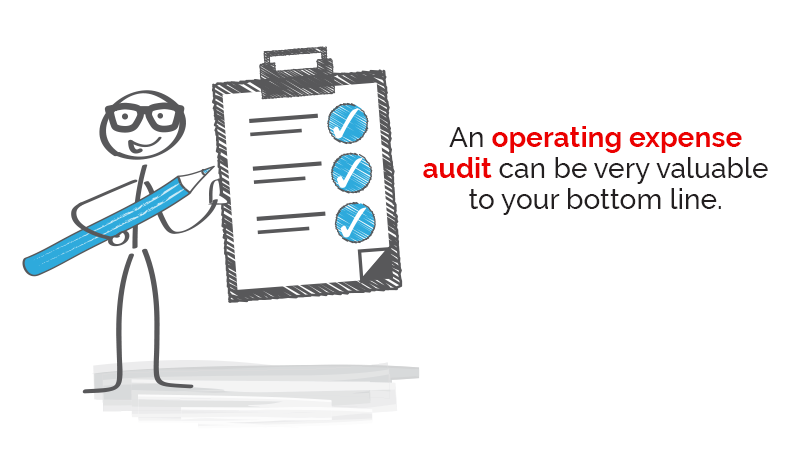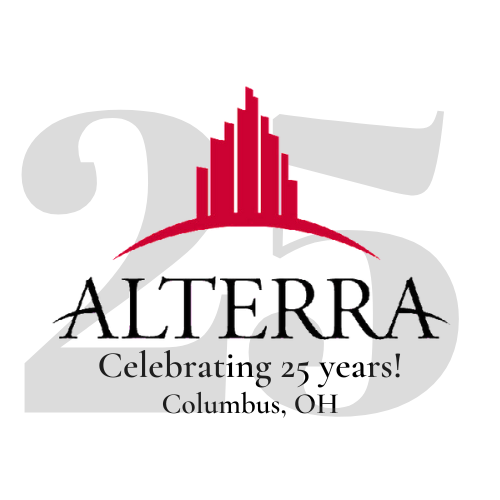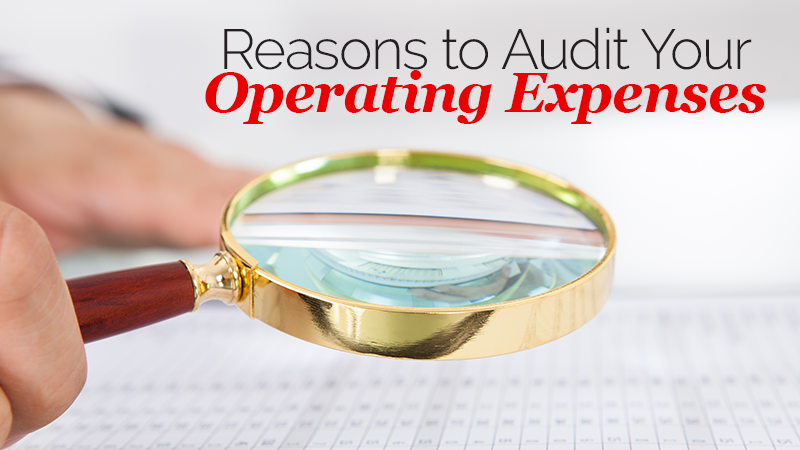Auditing operating expenses isn’t something you look forward to, but it can provide incredible insight and value to your bottom line. When done properly, audits can provide key information about what is holding your business back (potentially) and perhaps even about profit-slashing money wastes.
This process can uncover mistakes and errors, non-allowable charges and over-billing from outside vendors, such as the utility companies. An operating expense audit can be very valuable to your bottom line.
What Is Covered in an Operations Audit?
First, let’s define what operating expenses are and how an audit impacts them. Each month, a large portion of your rental payment goes towards paying operating expenses. These expenses may include common-area maintenance, tax bills, building maintenance costs and insurance costs. It’s everything from the janitor’s paycheck to the plumbing maintenance.

For most businesses, operating expense auditing can be challenging. Finding the time to sit down and pore over documents and bills can be hard when you’re a business owner. But when you do, you might realize there was a discrepancy in your invoice from the commercial plumber you hired to fix a clog. If your energy costs jump all of a sudden, it could point to a leak that needs fixed ASAP. These are the little things that often get missed in the daily hustle and bustle of operating a commercial building.
Investing the time in an operating expense audit can provide some very powerful outcomes. These costs make up about a third of the total lease each year, which is a significant amount. Not to mention, these are variable costs, which means they change, but not necessarily according to Consumer Price Index escalations. If you have a lower cost lease in exchange for taking more responsibility for operation expenses, an audit can provide insight to show you where you can easily save money month-to-month.
What Are the Benefits of Performing an Audit on Operating Expenses?
Of course, the most obvious benefit of an audit is the money savings you end up with after uncovering mistakes in billing by utilities and contractors. However, there could be additional benefits to this type of audit.
- You gain a better understanding of where the funds are going and if they are being used as demonstrated. In some commercial leasing situations, there can be concerns about the cost of maintenance issues. Audits can give you, the business owner, insight into the true cost of maintenance for the size and type of building you occupy based on your organization’s habits and needs.
- Audits help landlords, too. The auditing process may seem like a tenant doesn’t trust the landlord, but in most situations, audits give landlords the opportunity to answer questions and resolve concerns that may not have come up during the leasing process. Landlords benefit from the more precise and clear picture of costs to each tenant, because it helps boost their overall reputation and helps them better serve tenants long term.
- They can be used to better understand the needs of a business as well as where money is being spent (and where it is not). This is key for effective financial planning so that a business has a clear picture of where operational resources should be allocated. It also helps to make informed decisions about which spaces work best for your business when it’s time to sign a new commercial real estate lease.
Not reviewing your operating expenses on a routine basis is like not double-checking your employee payroll or forgetting to check your profit-and-loss statement. You wouldn’t do that, so you shouldn’t avoid your operating expense review either.

